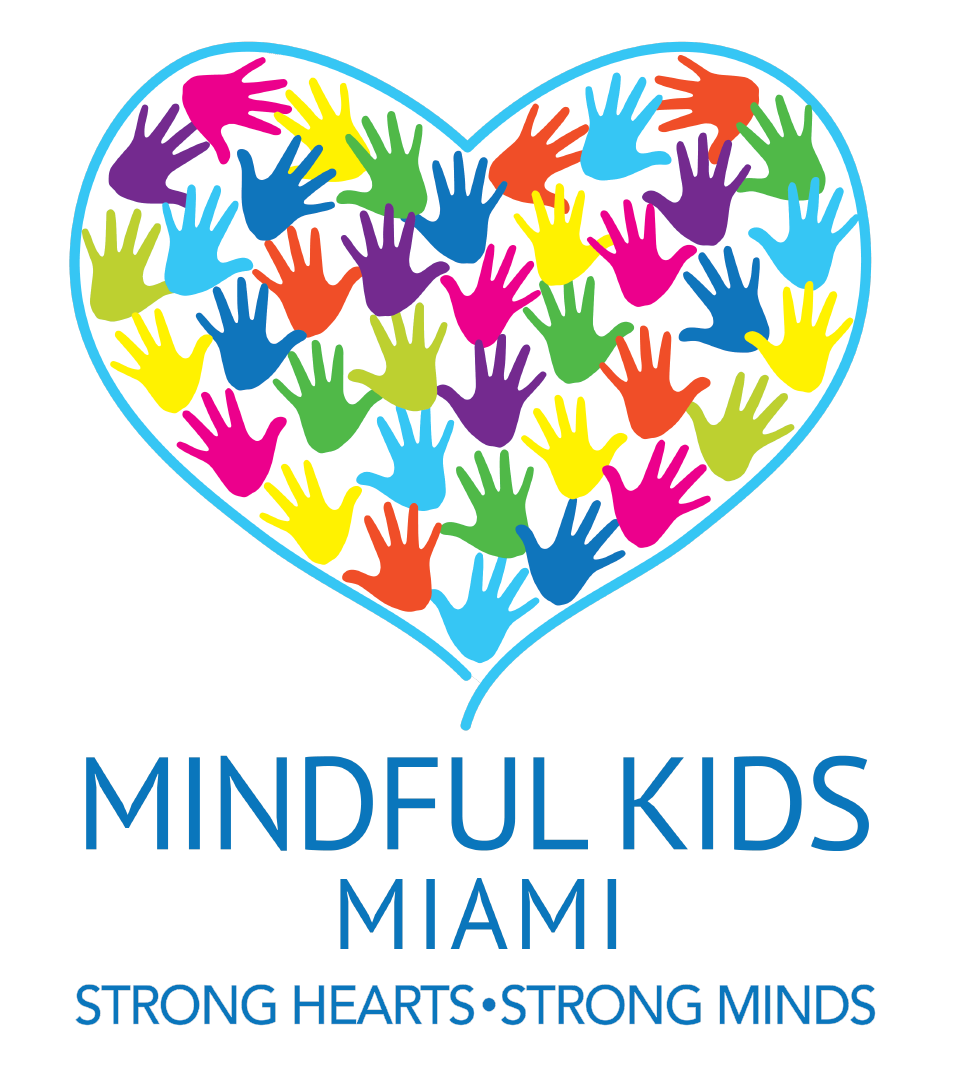What is Mindfulness?
Mindfulness means the intentional cultivation of moment-to-moment attention and awareness with a quality of acceptance. It is the practice of “being present in the moment.” It is as if your attention is a flashlight, and mindfulness develops your ability to steady the constant wandering and darting of the light beam onto where you choose, being able to focus in the beam seeing details clearly, or to expand it to see a bigger picture.
Mindfulness allows one to develop and refine a way of becoming more intimate with one’s own experience through systematic self-observation:
Which include the five senses (seeing, hearing, feeling, smelling, and tasting)
the inner landscape or what is arising inwardly such as physical sensations, perceptions, impulses, emotions, intentions, thoughts, and the process of thinking itself.
the outer landscape which includes our speech, our actions, relationships with others and the world around us.
It is about deepening the awareness of our direct experience — or what can be called the “context” (what is actually happening physically, emotionally, and mentally in that moment of our lives) versus the “content” of our lives (the stories we tell ourselves about what we think is happening at the moment or what we want to be happening).
Mindfulness includes intentionally suspending the impulse to characterize, evaluate, and judge what one is experiencing. Doing so affords opportunity to step back like a silent observer and move beyond the well-worn grooves of highly conditioned and largely habitual unexamined thought processes and strong emotional reactivity to seeing experiences with fresh eyes.
“Mindfulness is the awareness that arises through paying attention, on purpose, in the present moment, non-judgmentally.”
-Jon Kabat-Zinn, Ph.D., Scientist, Author, Meditation Teacher,
Professor Emeritus of Medicine, University of Massachusetts Medical School
Meditation
&
Mindfulness
Meditation is an umbrella term for the many ways to reach an objective such as relaxation, improved performance or enhanced spirituality. There are many types of meditation which can be religious, spiritual or secular in nature, for instance centering prayer based on the Christian tradition, mantra meditation (repeating a word or phrase), visualization, transcendental, movement meditation, etc.
Mindfulness is both a meditation and a way of life. It is an innate and universal quality that can be honed through formal and informal practice. Formal mindfulness practice is also referred to as meditation and is consciously pausing all other activities to bring full attention to a focal point like sensations of the breath, body or sounds, over a sustained period of time. Informal practice is bringing mindfulness to our everyday lives during activities which are often moved through in automatic pilot. Some examples of informal practice include mindful eating, driving, walking and communication.
Because mindfulness is a practice, its cultivation is a process that deepens and increases in benefit over time. Much like physical exercise, mindfulness develops resilience, flexibility and balance in the mind, heart and body. By honing the ability to remain present and compassionate in daily life including during challenge, we are able to “respond” in more healthful ways rather than continue to “react” habitually.
Mark Williams, Emeritus Professor of Clinical Psychology at University of Oxford, dispels some myths about mindfulness. (Mindfulness) is not a religion, it is not about “success” or “failure”, it will not deaden your mind or prevent you from striving toward important career or lifestyle goals. It is not about accepting the unacceptable. It is about “seeing the world with greater clarity so that you can take wiser and more considered action to change those things that need to be changed. (Mindfulness) meditation helps cultivate a deep and compassionate awareness that allows you to assess your goals and find the optimum path towards realizing your deeper values”.
“Mindfulness is cultivated by paying attention – on purpose and carefully – to the contents of this moment in a friendly and allowing way.”
-Jeffrey Brantley, M.D., Duke Medical Center, Author, “Calming Your Anxious Mind”


